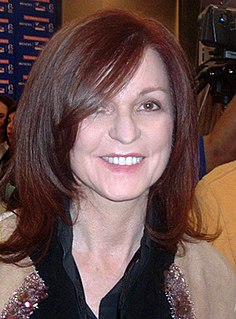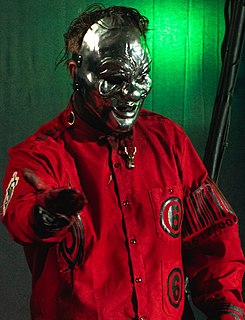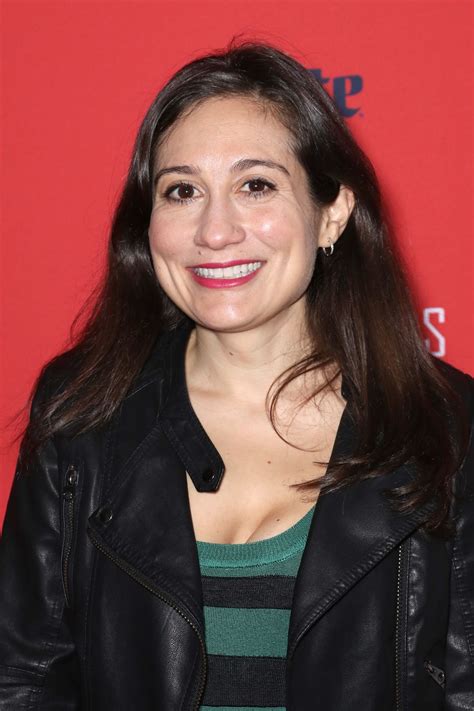A Quote by Charles Kennedy
The events of the Holocaust viewed through the eyes of Anne Frank are a unique and damming testament to the dreadful atrocities of that period of our history
Related Quotes
Augustus Waters," I said, looking up at him, thinking that you cannot kiss anyone in the Anne Frank House, and then thinking that Anne Frank, after all, kissed someone in the Anne Frank House, and that she would probably like nothing more than for her home to have become a place where the young and irreparably broken sink into love.
[talking about the Holocaust] 'But to put something in context is a step towards saying it can be understood and that it can be explained. And if it can be explained that it can be explained away.' 'But this is History. Distance yourselves. Our perspective on the past alters. Looking back, immediately in front of us is dead ground. We don't see it, and because we don't see it this means that there is no period so remote as the recent past. And one of the historian's jobs is to anticipate what our perspective of that period will be... even on the Holocaust.
Among the older records, we find chapter after chapter of which we can read the characters, and make out their meaning: and as we approach the period of man's creation, our book becomes more clear, and nature seems to speak to us in language so like our own, that we easily comprehend it. But just as we begin to enter on the history of physical changes going on before our eyes, and in which we ourselves bear a part, our chronicle seems to fail us-a leaf has been torn out from nature's record, and the succession of events is almost hidden from our eyes.
Creationists and Holocaust deniers are both very similar - both are denying what is a perfectly manifest fact. In the case of Holocaust deniers it's more recent history, but in both cases the evidence - in favour of the Holocaust and evolution - is simply overwhelming. That doesn't mean they are morally or politically equivalent. But they are equivalent in denying history.
I want my work to become part of our visual history, to enter our collective memory and our collective conscience. I hope it will serve to remind us that history's deepest tragedies concern not the great protagonists who set events in motion but the countless ordinary people who are caught up in those events and torn apart by their remorseless fury. I have been a witness, and these pictures are my testimony. The events I have recorded should not be forgotten and must not be repeated.

































